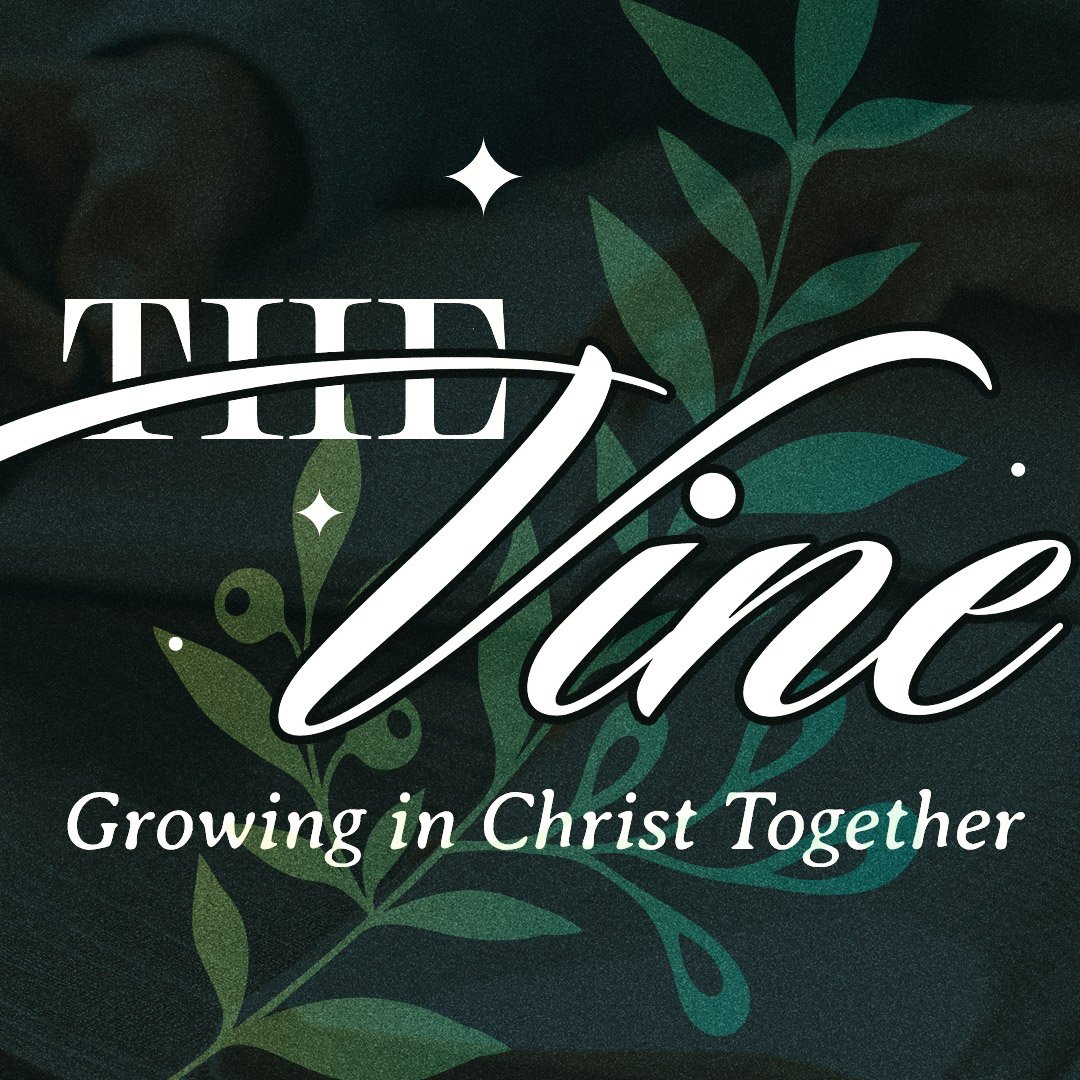The Vine: Oct. 21, 2024
“Abide in me as I abide in you. Just as the branch cannot bear fruit by itself unless it abides in the vine, neither can you unless you abide in me. I am the Vine, you are the branches. Those who abide in me and I in them bear much fruit, because apart from me you can do nothing”
This is a weekly reflection on the previous week’s sermon text. Each week there will be a devotional related to the scripture for the week, along with questions for reflection/discussion, as well as prayer. Feel free to make this a part of your individual spiritual growth throughout the week or utilize in small group settings (growth groups, Sunday school, etc.)
“Now the whole group of those who believed were of one heart and soul, and no one claimed private ownership of any possessions, but everything they owned was held in common. With great power the apostles gave their testimony to the resurrection of the Lord Jesus, and great grace was upon them all. There was not a needy person among them, for as many as owned lands or houses sold them and brought the proceeds of what was sold. They laid it at the apostles’ feet, and it was distributed to each as any had need. There was a Levite from Cyprus, Joseph, to whom the apostles gave the name Barnabas (which means “son of encouragement”). He sold a field that belonged to him, then brought the money and laid it at the apostles’ feet.”
This scripture echoes last week’s passage (Acts 2:42-47), and once again Luke details the incredible, beautiful fellowship of the early church. Luke is intentional here—he repeats something important he wants us to remember, mainly that the resurrection of Jesus Christ changes everyone and everything, not just how we live but how we live together as a community of faith. Last week’s passage spoke about how God worked signs and wonders through the apostles by his great power. This week our reading focuses on how God’s great power was expressed through great grace through the love and generosity of common people in the early church.
The lives of the first believers were united by the Spirit of God and they “...were of one heart and soul.” Luke tells us that no one claimed private ownership of anything but everything they owned was held in common. This did not mean that people did not own property or possessions, it just meant that they realized that anything they did have was a gift from God and a potential means of blessing others. This sharing was not forced, but a wonderful expression of the transformation God had birthed in the lives of the believers.
The result of their extravagant generosity was that “there was not a needy person among them.” This practice was so extraordinary that one of the first Christian theologians, Tertullian, detailed how the Roman government sent spies into the early church to investigate Christians, “a peculiar type of folk.” They did not have idols like the rest of the Empire, “...instead they worship one by the name of Jesus who was absent.” The spies added, “How those Christians love each other; how they have fellowship (koinonia) one with another.” This great grace was the great sign and wonder of the church
in Acts 4.
Luke highlights the generosity of Joseph, a Levite from Cyprus, who sold his field and laid the proceeds at the apostles’ feet. The Old Testament forbids Levites from owning land, but somehow (whether through relaxed requirements or from living in Cyprus) Joseph was finally able to realize his dream. Yet, he willingly sold it for the sake of others. His goodness and godliness earned him the nickname of Barnabas, son of encouragement. And this transformed Barnabas would become one of the great leaders and missionaries of the early church.
This scripture reminds us that transformed hearts truly live transformed lives marked by extravagant love and generosity. And these lives put the great power and great grace risen Christ on full display in our world!
PRAYER
God, thank you for the great power and great grace at work in the lives of the first Christians. May that same power and grace be at work in and through my life. Help me to live and love extravagantly and generously that others might know that the resurrected Jesus lives in me. Amen.
Questions for Reflection:
Luke writes, “...no one claimed private ownership of any possessions, but everything they owned was held in common.” What do you think about this? Does this challenge or inspire you? Why?
How does our church embody the message of the resurrected Jesus by our life together?
Why do you think the extravagant love and generosity of the early church was so radical in the first century? How did it impact their community? Why do you think the church later drifted from this practice and began to struggle with generosity? Why is this a struggle still today?
Joseph was given a nickname that became his legacy: “Barnabas—son of encouragement.” What nickname have you had in the past? What nickname would you want to define your life and legacy?
Barnabas is defined by his encouraging spirit. Reflect on how he lives this out as a friend (Acts 9:26-27), in his generosity (Acts 4:36-37), through his hopefulness (Acts 11:23-26), and by his ability to see the good in others (Acts 15:36-39). How can God use our encouragement of others to strengthen people in our lives and further his work?
PREVIOUS WEEKS
To view all previous devotions go to https://fumc-rr.org/the-vine


